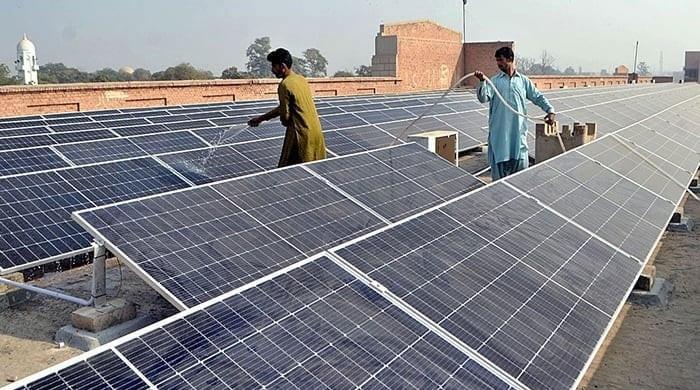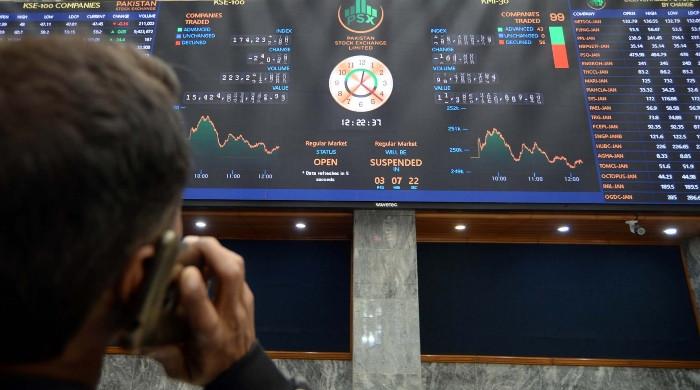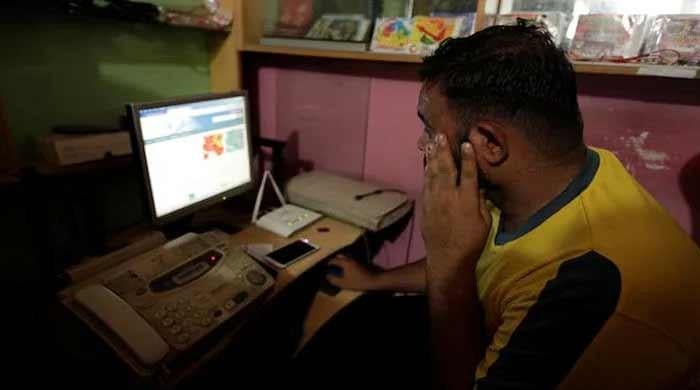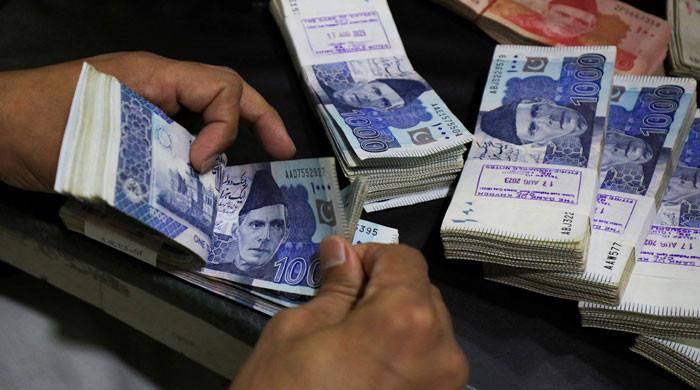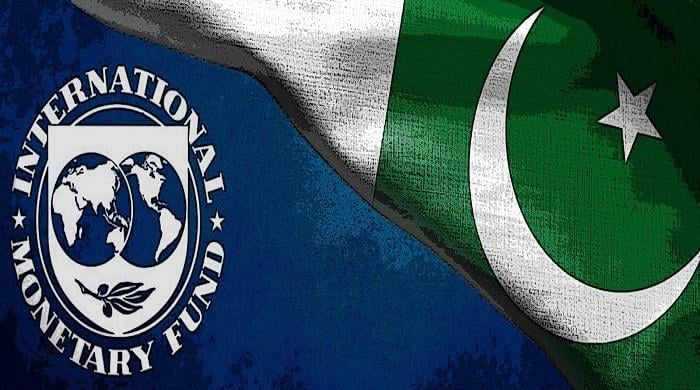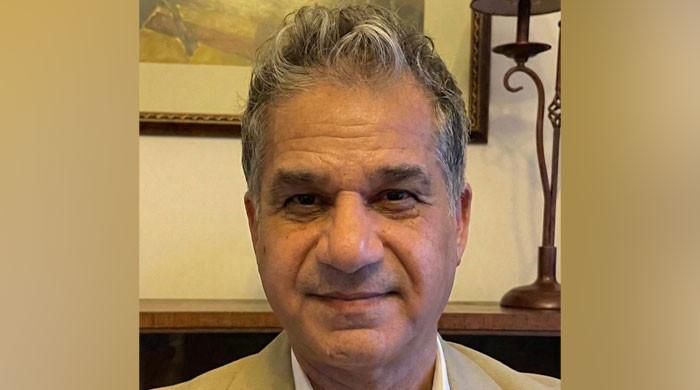SBP governor pledges 'timely policy actions' amid political crisis
"It is important that economic policymaking institutions act on a timely basis to ensure financial stability," Baqir says
April 11, 2022
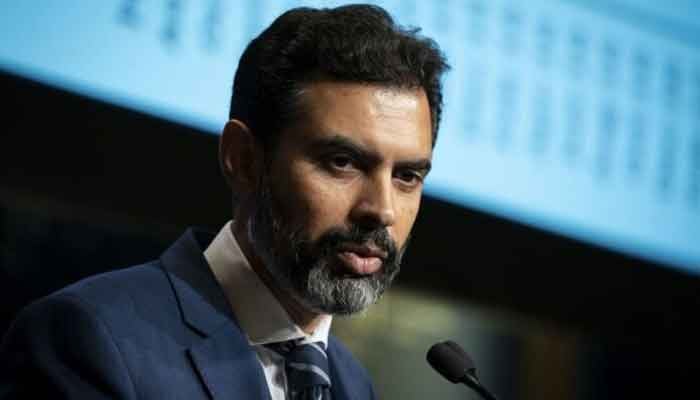
- "It is important economic policy making institutions act on a timely basis," Baqir says.
- SBP governor says such political processes are "not uncommon in democracies."
- "We are quite confident that soon we will announce good news relating to IMF,” he adds.
Amid ongoing political crisis and fluctuating economy, State Bank of Pakistan (SBP) Governor Dr Reza Baqir Monday pledged "timely policy actions" in order to ensure stability, Bloomberg reported.
Baqir’s comments came after Imran Khan was ousted as the prime minister in a no-confidence vote against him. The joint Opposition bloc submitted the no-confidence motion against Khan due to inflation running faster than 12%, the rupee trading near a record low against the US dollar, and foreign reserves shrinking to levels only able to cover a couple of months of imports.
“I have a broader message to the investor community, and that is that such political processes are not uncommon in democracies,” Baqir said in a Bloomberg interview. “It is important that economic policymaking institutions act on a timely basis to ensure that the goal of financial stability remains.”
Regarding the central bank’s surprise decision to raise interest rates by 250 basis points to 12.25%, 12.25%, he said that the central bank sees the economy expanding around 4% this fiscal year despite the hike in interest rate.
It is worth mentioning that a stable government and political situation is key to securing a crucial $3 billion remaining a loan from the International Monetary Fund (IMF); however, discussions with the Fund had been threatened by Imran Khan’s decision earlier this year to cut fuel and electricity prices, a step to ease public angst as inflation pressures mounted but counter to the lender’s requirements.
Baqir acknowledged that IMF-required steps such as raising energy prices are “difficult and unpopular,” and could slow the release of funds, but that it is a common challenge for any country undergoing a political “situation.”
“We are quite confident that quite soon we will be able to put the delay behind us and soon announce the good news of completing the next tranche from the IMF,” he said in the interview with Yvonne Man and Haslinda Amin. “The IMF is important not just for the money, but also for the signal that it sends of good housekeeping on the economic policy front that catalyses funding from other bilateral creditors as well as private capital markets.”




